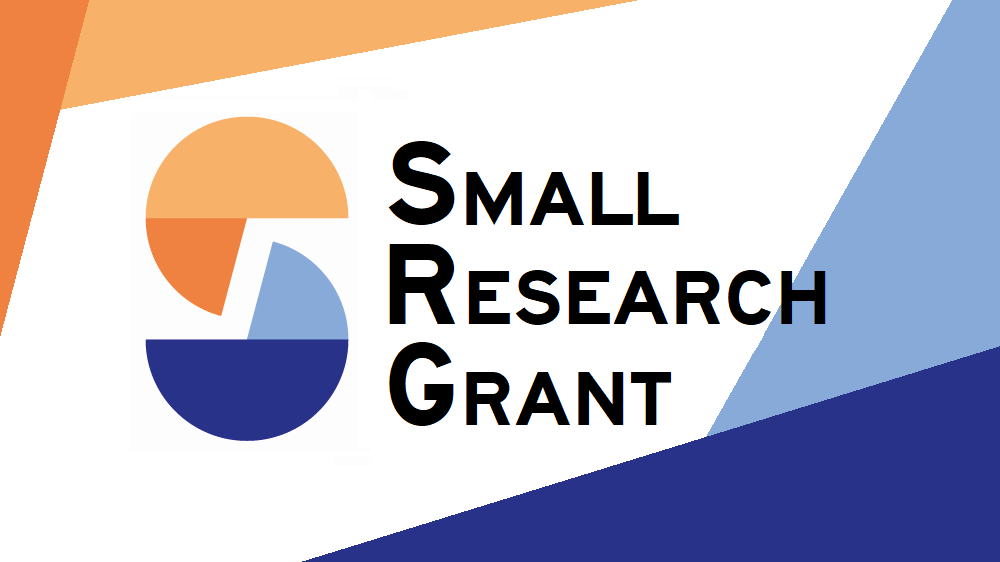Following the decline in tariff rates over the past 20 years, non-tariff measures (NTMs) such as import quotas and product standards have become the dominant forms of trade policy. Some of these regulations protect consumers by guaranteeing that imported products meet minimum quality standards. Others shelter domestic producers from foreign competition to promote growth, potentially hurting consumers. Emerging economies face the unique challenge of ensuring the well-being of domestic consumers while encouraging the expansion of nascent domestic industries. However, there is little microeconomic evidence on the impact of NTMs to guide governments as they navigate this shifting trade policy landscape. This study examines how NTMs shape market structure and welfare in international and domestic markets.
The researchers construct a rich and novel dataset combining information on importers and exporters; domestic producers and consumers; and the tariffs and NTMs that affect trade in Chile, Ecuador, and Colombia from 2000 to 2015. They examine how border prices and quantities react following the implementation of each new NTM. Case studies reveal that NTMs have different impacts on trade when they impose a price or quantitative control versus a technical regulation. The researchers then develop a simple theoretical model of market regulation that features imperfect competition, quality upgrading, and substitution between foreign and domestic producers. The model illustrates how quotas and standards differentially impact prices, markups, and product quality in international and domestic markets. The research team use these predictions, together with techniques for quality and markup estimation and data on producer and consumer prices, to go beyond case studies and estimate the heterogeneous effects of NTMs in general.
NTMs are the trade policy of the 21st century, and this project is the first to examine their micro-economic impacts on importers, producers, and consumers in emerging economies. The analysis here goes beyond the standard classification of NTMs and reveals their complex and potentially unintended consequences for economic welfare. The researchers plan to share findings with officials in Chile, Colombia, and Ecuador through World Bank country offices. In parallel, they hope to expand the sample to include countries in Sub-Saharan Africa, where many LICs rely on import substitution as a strategy to promote structural transformation.




























































